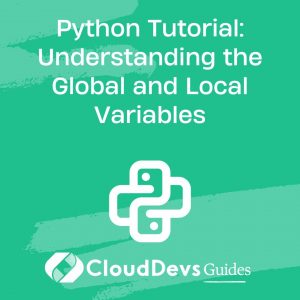What is the best way to learn Python for beginners?
Learning Python, often touted for its simplicity and readability, is a rewarding experience. For beginners embarking on this journey, a structured approach can significantly boost the learning curve. Here’s a recommended pathway:
- Understand Why:
– Start by understanding why you want to learn Python. Are you aiming for web development, data analysis, artificial intelligence, or just general programming? Your goals will guide your learning path and keep you motivated.
- Basics First:
– Syntax: Grasp the basic syntax of Python, which is distinctively clean and readable.
– Data Types: Understand fundamental data types like strings, lists, dictionaries, and numbers.
– Control Structures: Familiarize yourself with loops, conditionals, and functions.
- Hands-on Practice:
– Interactive Shell: Use Python’s interactive shell (REPL) to test out small snippets of code and see immediate results.
– Small Projects: As you grow comfortable with basics, start building mini-projects. This hands-on experience solidifies learning.
- Resources:
– Official Documentation: Python’s official documentation is comprehensive and beginner-friendly.
– Books: Titles like “Python Crash Course” or “Automate the Boring Stuff with Python” are excellent for beginners.
– Online Platforms: Websites like Codecademy, Coursera, or Udemy offer structured Python courses.
- Join a Community:
– Engage with communities like Stack Overflow or the Python Discord community. They’re great platforms for asking questions, sharing what you’ve learned, and getting feedback.
- Advanced Topics: Once you’re comfortable with the basics:
– Object-Oriented Programming: Dive into classes and objects to understand how larger programs are structured.
– External Libraries: Python has a vast ecosystem. Depending on your interest, explore libraries like Django (web development), Pandas (data analysis), or TensorFlow (machine learning).
- Regular Practice:
– Just like any other skill, consistency is key. Code daily, even if it’s just for a short period. Over time, these consistent efforts compound.
- Seek Feedback:
– Share your code with peers or online communities. Constructive criticism accelerates growth.
Learning Python is a journey of continuous exploration. Embrace challenges, celebrate small wins, and remember that every developer, no matter how experienced, was once a beginner.







